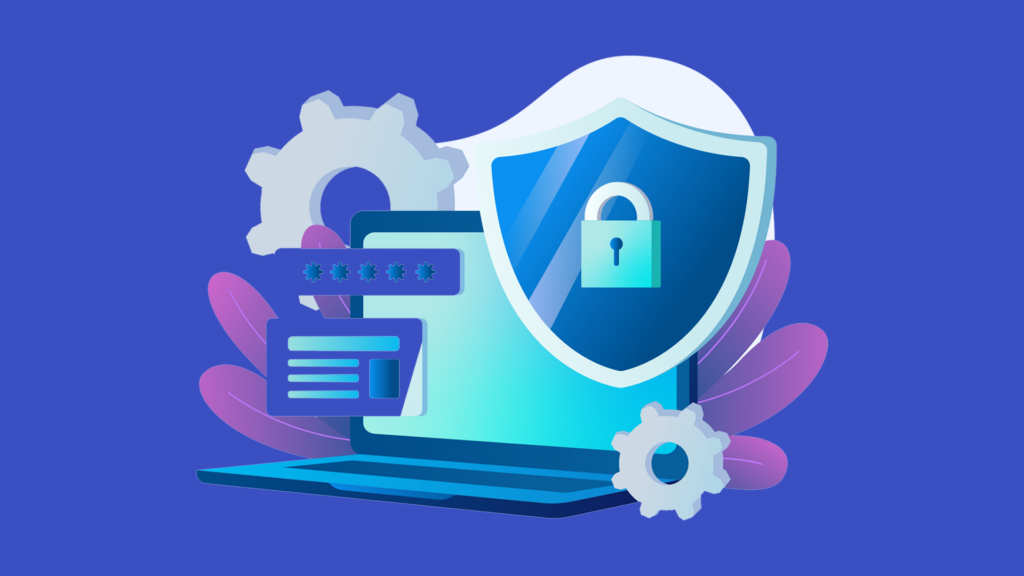How zero-knowledge encryption reduces business risks

Zero-knowledge encryption is a concept in cryptography that aims to protect sensitive information by ensuring that none of the parties involved, including the service provider, can see or access the unencrypted data. In other words, with zero-knowledge encryption, the service provider or platform has no knowledge of the content of the encrypted data.
For us at Scramble, zero-knowledge is also of fundamental importance. For this reason, we only use state-of-the-art end-to-end encryption and additional technical security measures. Even our own employees do not have access to your data to ensure the security of your information.
How does zero-knowledge encryption work?
The key to zero-knowledge encryption lies in the use of cryptographic protocols that make it possible to encrypt data in a way that allows only authorized users to access it. This is done through the use of end-to-end encryption, where the data is already encrypted on the user's device before it is sent to the service provider. The service provider does not have access to the decryption key and therefore cannot decrypt the data even if it stores it.
Why is zero-knowledge encryption important?
- Data protection: Zero-knowledge encryption ensures the highest level of data protection, as sensitive information cannot fall into the hands of third parties, even if they have access to the service provider's servers.
- Security: As the service provider has no knowledge of the content of the data, it is securely protected even in the event of a security incident, such as a hack. Even if an attacker gains access to the service provider's servers, the encrypted data is useless without the decryption key.
- Trust: Zero-knowledge encryption creates trust between service providers and users, as they can be confident that their personal data is safe and secure.
In a world where privacy and security are becoming increasingly important, zero-knowledge encryption has become an indispensable tool to ensure the integrity and confidentiality of our personal data. By using this advanced encryption technology, users can rest assured that their data is protected from unauthorized access, even if it falls into the wrong hands.
Zero-knowledge encryption for companies
- Protection of confidential information: Companies store a variety of sensitive data in the cloud, including customer information, trade secrets, financial data and more. End-to-end encrypted cloud storage ensures that this data remains secure during transmission and storage in the cloud and is only accessible to authorized users.
- Compliance with data protection regulations: Companies are often subject to strict data protection regulations and must ensure that their data is protected in accordance with applicable regulations. End-to-end encrypted cloud storage provides an additional layer of security that helps to ensure compliance with these regulations and avoid potential fines or legal consequences.
- Prevention of data leaks and cyber attacks: Data leaks and cyberattacks are not only costly for companies, but can also damage their reputation and credibility. End-to-end encrypted cloud storage reduces the risk of such incidents, as even in the event of an attack, the data remains unreadable to attackers.
- Customer trust: Customers trust companies that handle their data securely and confidentially. By using end-to-end encrypted cloud storage, companies can strengthen the trust of their customers and position themselves as a trustworthy partner.
- Flexibility and scalability: End-to-End encrypted cloud storage gives organizations the flexibility and scalability they need to keep pace with their changing needs and the growth of their business. They can easily add additional storage space, add new users and access the data from anywhere and at any time.
Overall, end-to-end encrypted cloud storage is an indispensable tool for companies to protect their sensitive data, ensure compliance with data protection regulations, prevent cyberattacks and strengthen the trust of their customers. It is an investment in the security and long-term success of the company.

